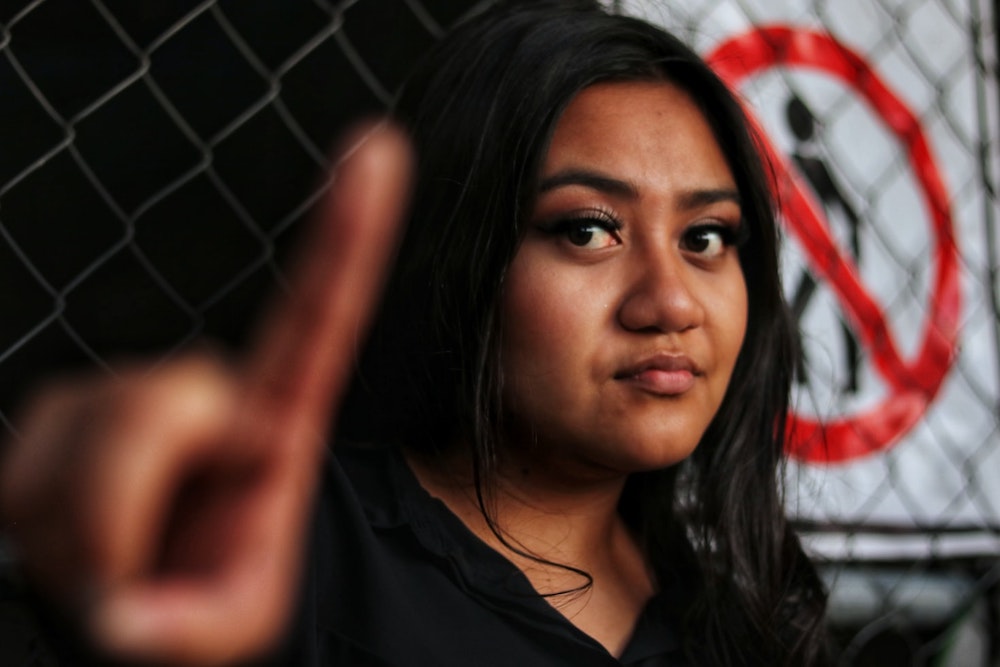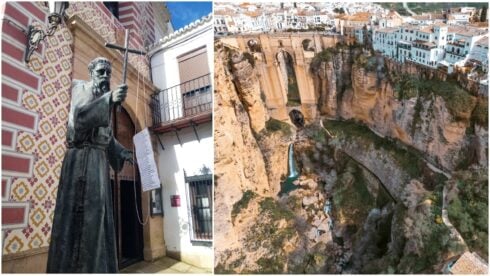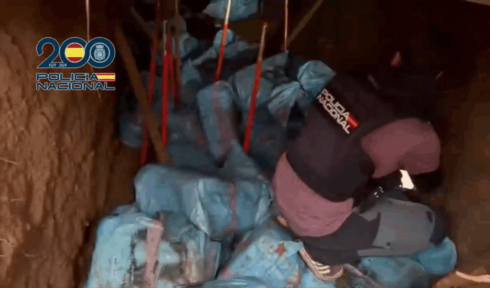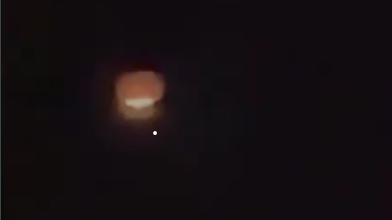SPANISH law says new rules affecting business can only come into effect in January or July – which makes a lot of sense, right?
But as it’s January, we’re thinking of all the laws that don’t make a lot of sense.
Like France’s ban on calling your pig ‘Napoleon’, Samoa’s ban on forgetting your wife’s birthday or the Milanese legal requirement to smile at all times (except at funerals or hospitals) Spain also has some strange laws.
Here are eight that will make you say ¿qué?.
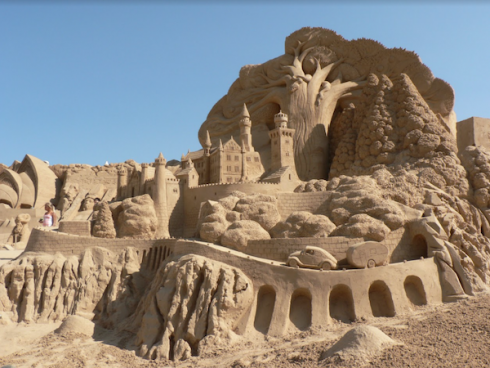
1. No Spanish Castle Magic
The Canary Islands are well known for their tropical temperatures and shimmering seas – perfect for a day at the beach.
Except in Tenerife, where it’s illegal to build sand castles.
Similar laws exist on the Costa Blanca in the Valencian Community, where you’re allowed to build sand castles, but only if you use sand from the spot where you’re building and you destroy your structure before you leave.
It sounds like a killjoy law, but stems from local conflicts, like the man who staked out a large area to build a painstaking 1:12 reproduction of the Spanish Alcazar de Segovia medieval fortress.
In this case, it was one of us who ruined it for the rest.

2. Name of the game
It would appear that the state should keep out of how you name your baby. Your baby is yours, after all.
Except in countries like Denmark, where you must choose a baby name from a pre-approved list.
Spain doesn’t go so far as prescribing a list to name your child, but bans you from naming your child Cain, Judas or Lenin.
What a shame, right?
3. No mops allowed
In the town of Villanueva de la Torre, in Castilla–La Mancha, residents are prohibited from keeping a mop on the balcony.
Article 16.2.f of the ordenanza regulating citizen coexistence says residents are also banned from hanging out their clothes on balconies, windows or terraces situated above public roads or in sight of public areas.
The draconian laws even call for a fine up to €750 upon the parents of children playing in the street.
4. Absolutely barking
The same ordenanza in Villanueva de la Torre also has a strange ban on dogs – no barking at night or during siesta hours (14:00 – 16:00).
How disgruntled neighbours should go about fining the offending dog is unclear.
The absurdity doesn’t stop there, however, as the rules also dictate rules of behaviour in lakes, lagoons, hospitals and museums, despite the municipality having none of the these spaces.
Residents are also prohibited from disposing of their radioactive waste in the town’s garbage bins.
The rules are something the town’s opposition party, the leftwing PSOE, has been fighting since at least 2012.
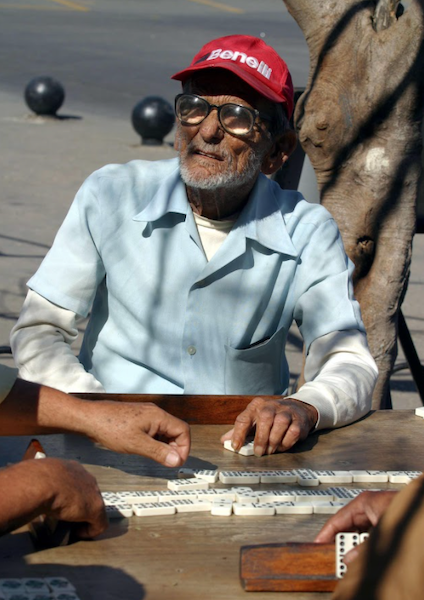
5. No dominos please
The game of dominos is extremely popular in Spain and many Spanish-speaking countries in South America – except for the city of Seville in Andalucia, that is.
A local ordenanza against acoustic contamination, noise and vibrations puts a ban on anyone playing dominos in the terraces outside bars in case the noise offends residents in the area.
The same ordenanza also bans anyone from rolling barrels of beer around the street, and prohibits you from eating or drinking next to bar or restaurant terraces.
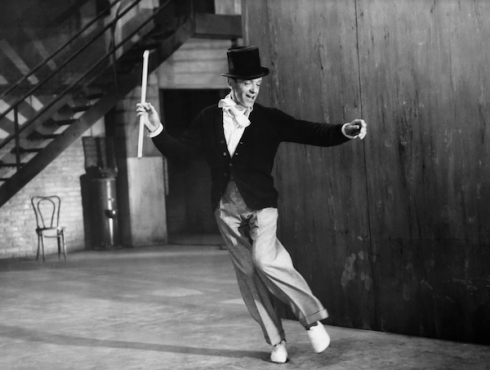
6. No tap dancing either
Keeping the peace is huge business in Spain – the country leads the EU’s ranking for shared living spaces with 66.5% of the population living in apartments and urbanisations.
Neighbourly disputes have no doubt caused a slew of ordenanzas regulating what you can and can’t do, especially in the capital of Madrid.
Madrid joins the cities of Mojacar in Andalucia and Ciudad Real in Castilla–La Mancha in banning anyone from running, jumping, skating or tap dancing inside apartment blocks and urbanisations.

7. Get a room
A quick roadside romp in the car seems like a harmless affair, provided there’s consent of course.
But in the cities of Granada and Malaga it is a crime to have sex in your car in accordance with laws that also ban sexual acts in public places.
A man was fined €750 in the Costa del Sol capital of Malaga after police caught him having sex in his car near to a public road – on appeal, the man pleaded the fine be reversed as ‘vegetation’ blocked the illicit act from public view.
He also claimed the crime had led to a swift divorce from his wife.
Generally in Spain, it is also a crime to perform sexual acts while driving, as a man in Valencia found out after receiving a €200 fine for masturbating at the wheel.
He also lost three points for ‘distraction’ while driving, probably along with his pride.

8. Get a room in Bilbao, seriously
While less benign, it is still a crime to sleep in your car in the northern city of Bilbao.
The ordenanza that regulates public spaces extends the ban to caravans, motorhomes and tents, adding that you can’t sleep in them within the city’s boundaries during night or day.
The ban goes further still, banning anyone from sleeping on benches, bathing or washing clothes in municipal fountains, or cooking in public places.
As caravans users in one forum suggested, if you want to sleep in your motorhome in Bilbao, bring a book to pretend you’re just reading.
Click here to read more Spain News from The Olive Press.

